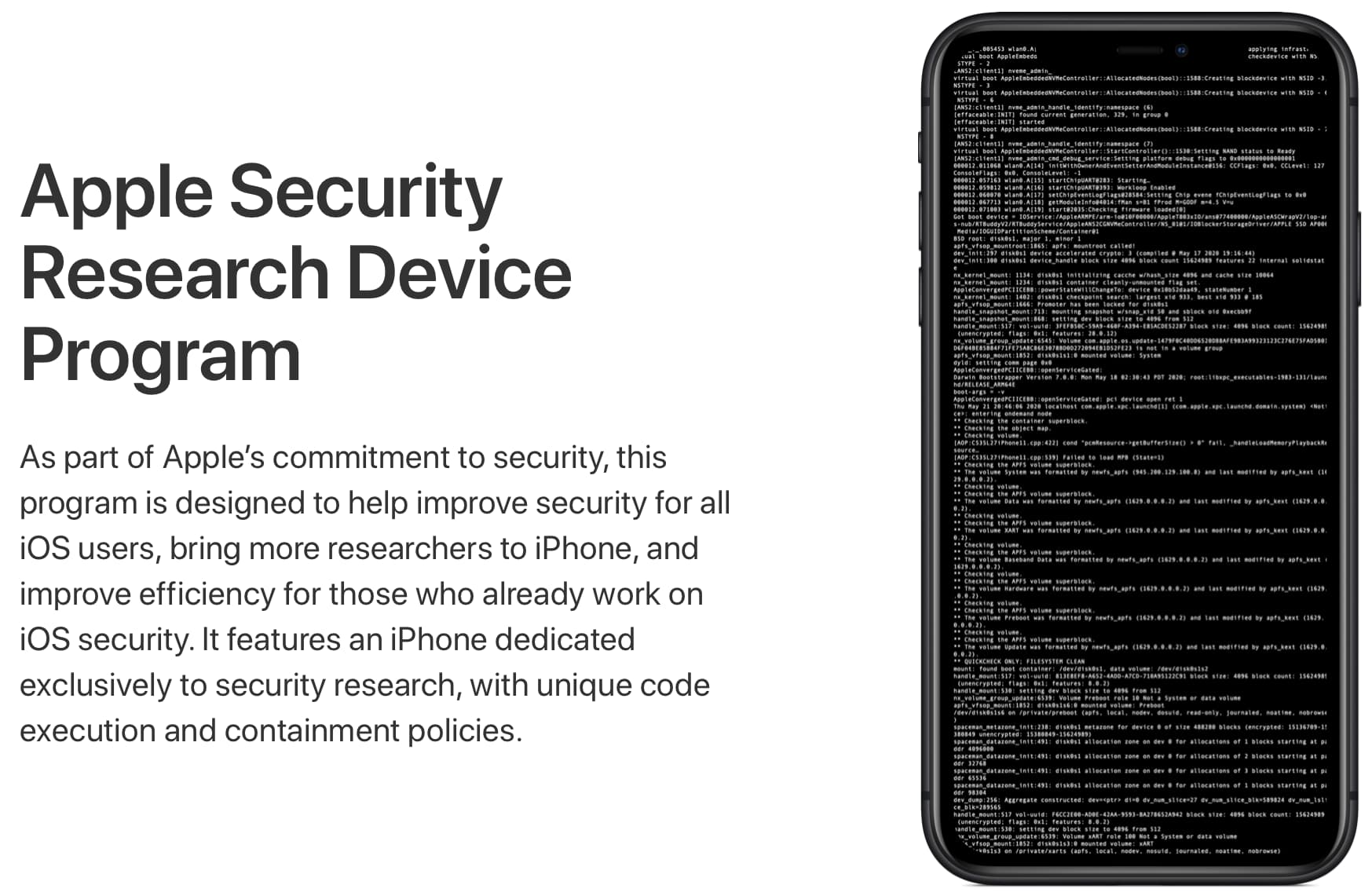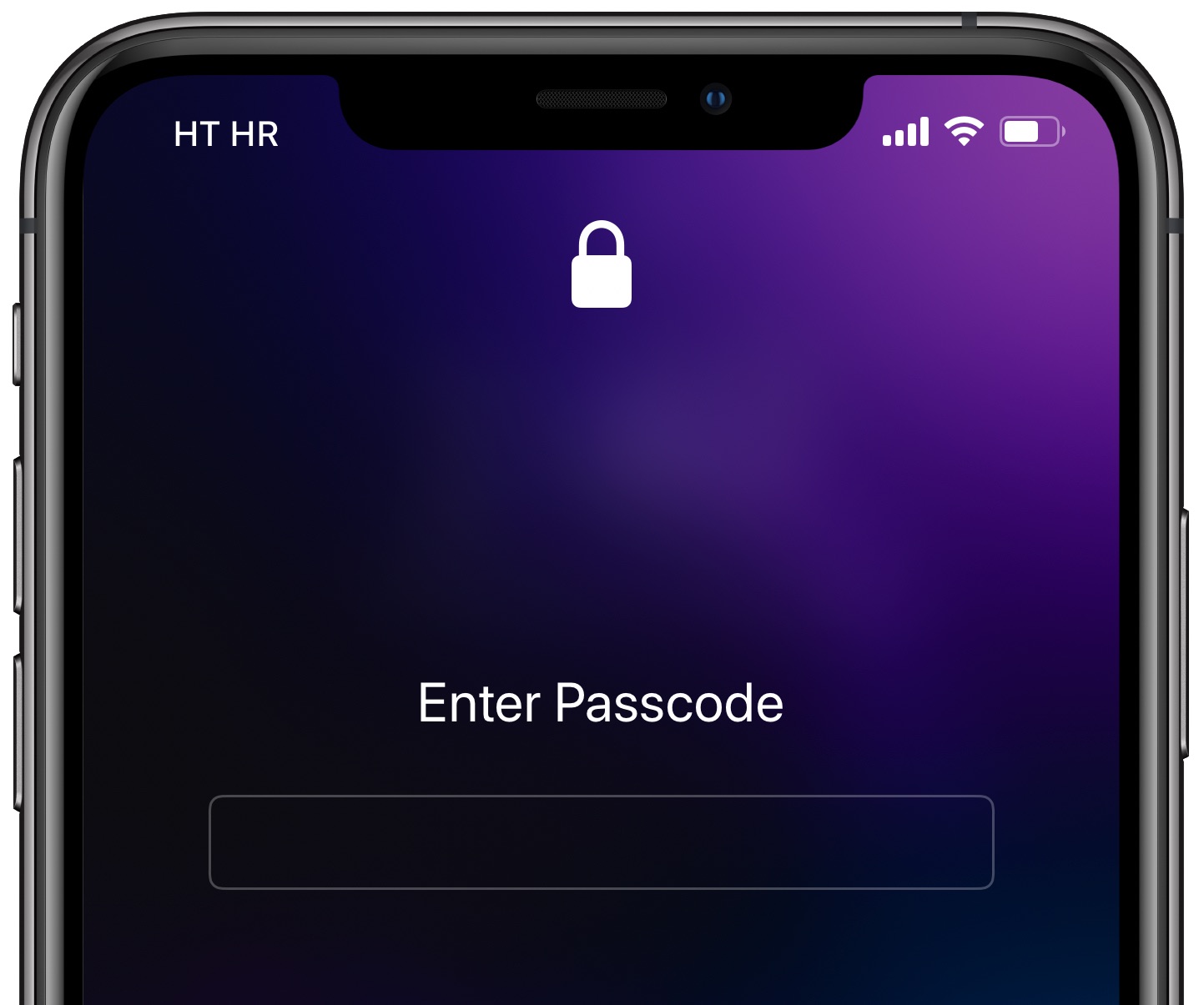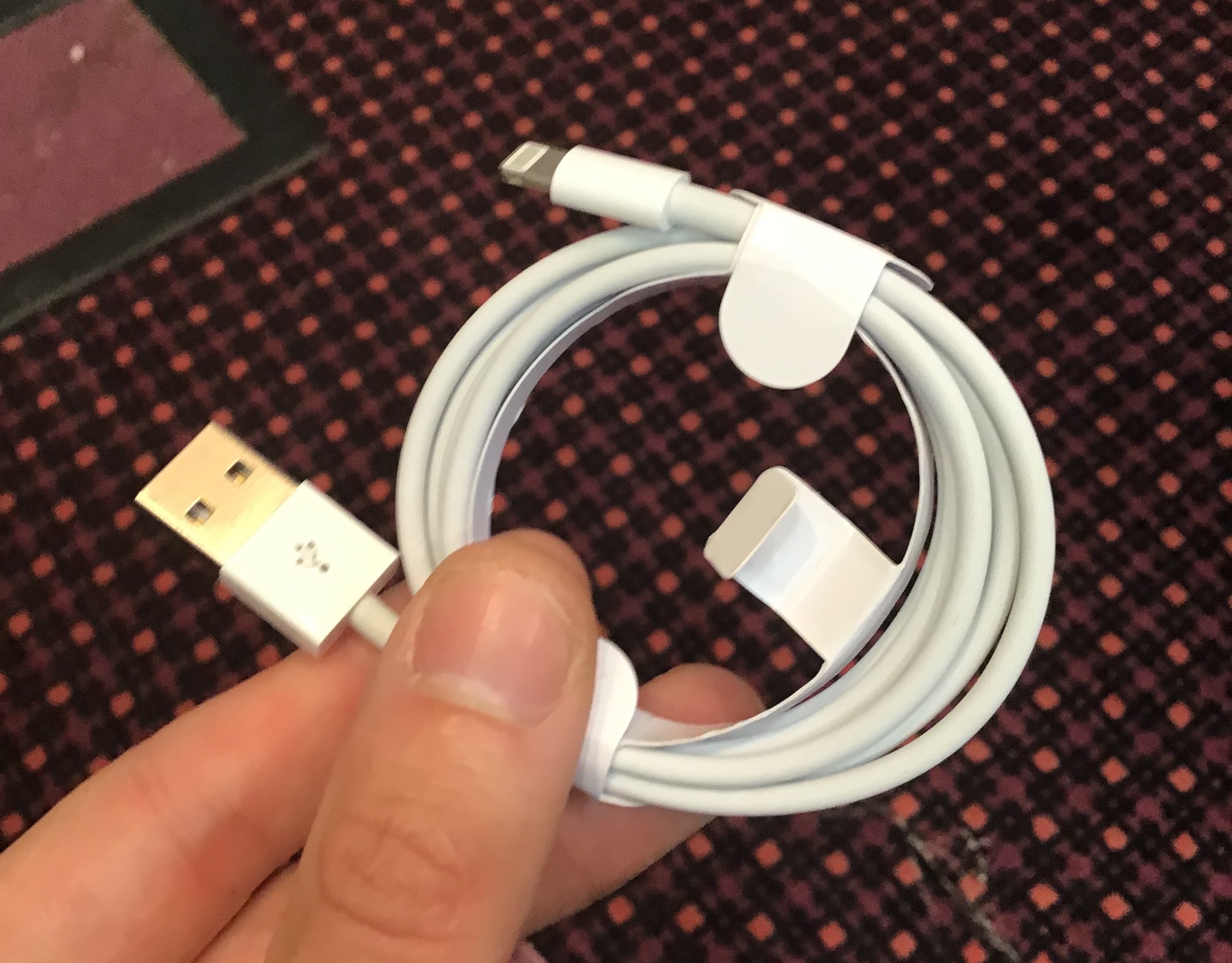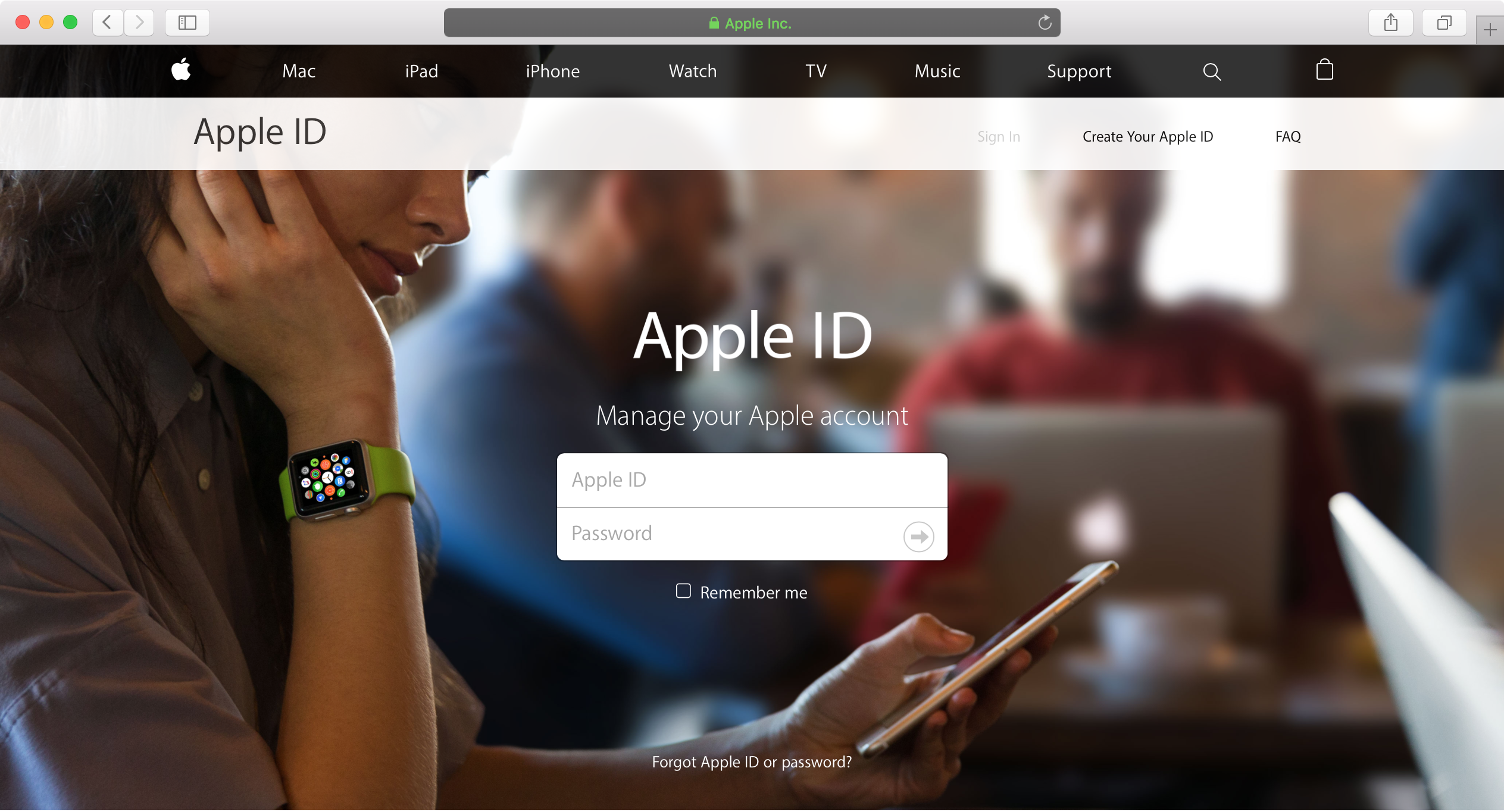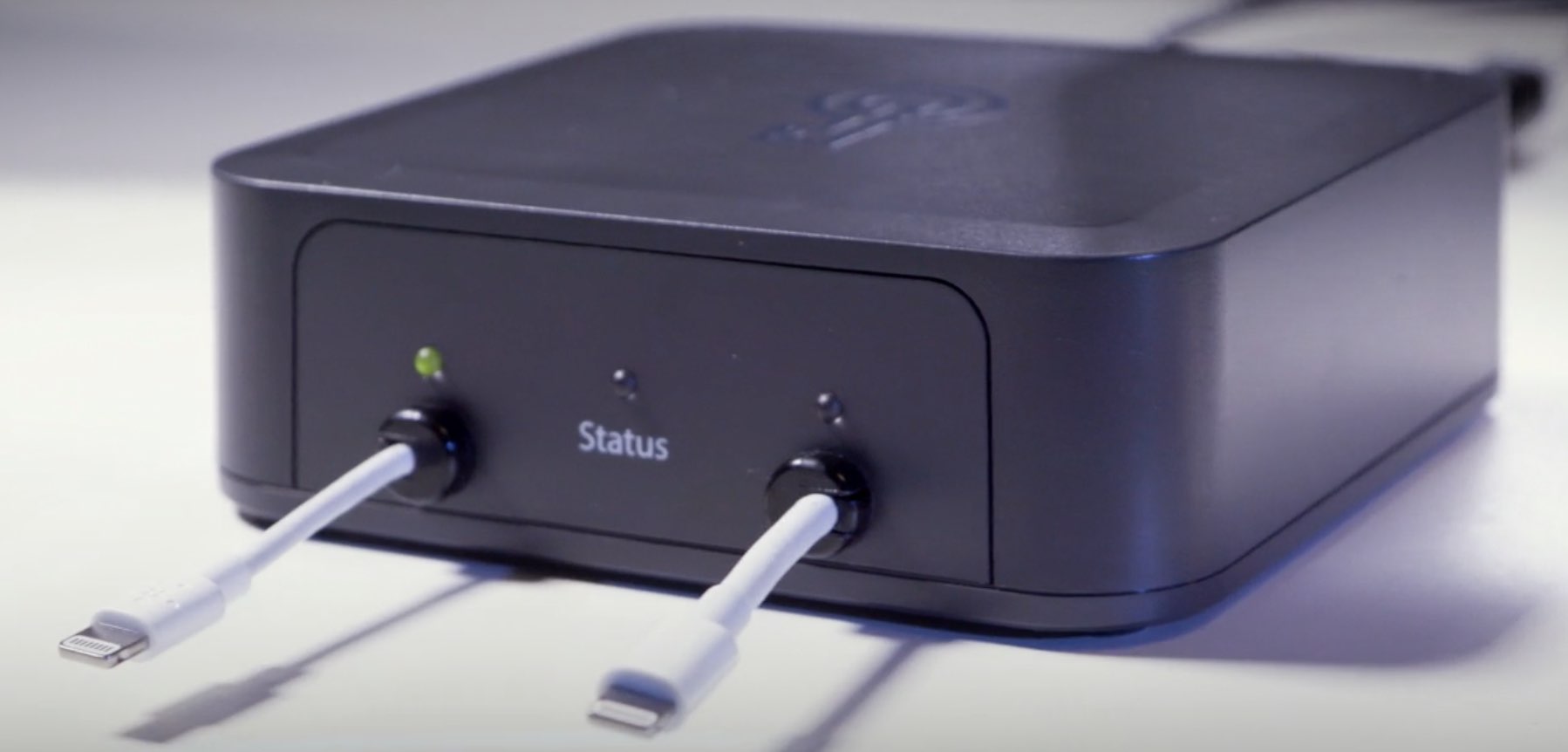If you want to increase the security of your iPhone or iPad, the first step is to make sure you use a strong password. By default, iPhone requires users to set a 6-digit passcode, and while this is still better than the previous 4-digit passcode default option, you can crank up the strength of your passcode even more.
You can either set a custom numeric passcode, meaning a passcode made of more than six numbers. Or, for those of you who really take their security seriously, you can even set an alphanumeric password. That password will contain multiple letters and numbers and will thus be incredibly stronger.
In this tutorial, we'll show you how to use a stronger custom numeric or alphanumeric passcode on your iPhone and iPad.

